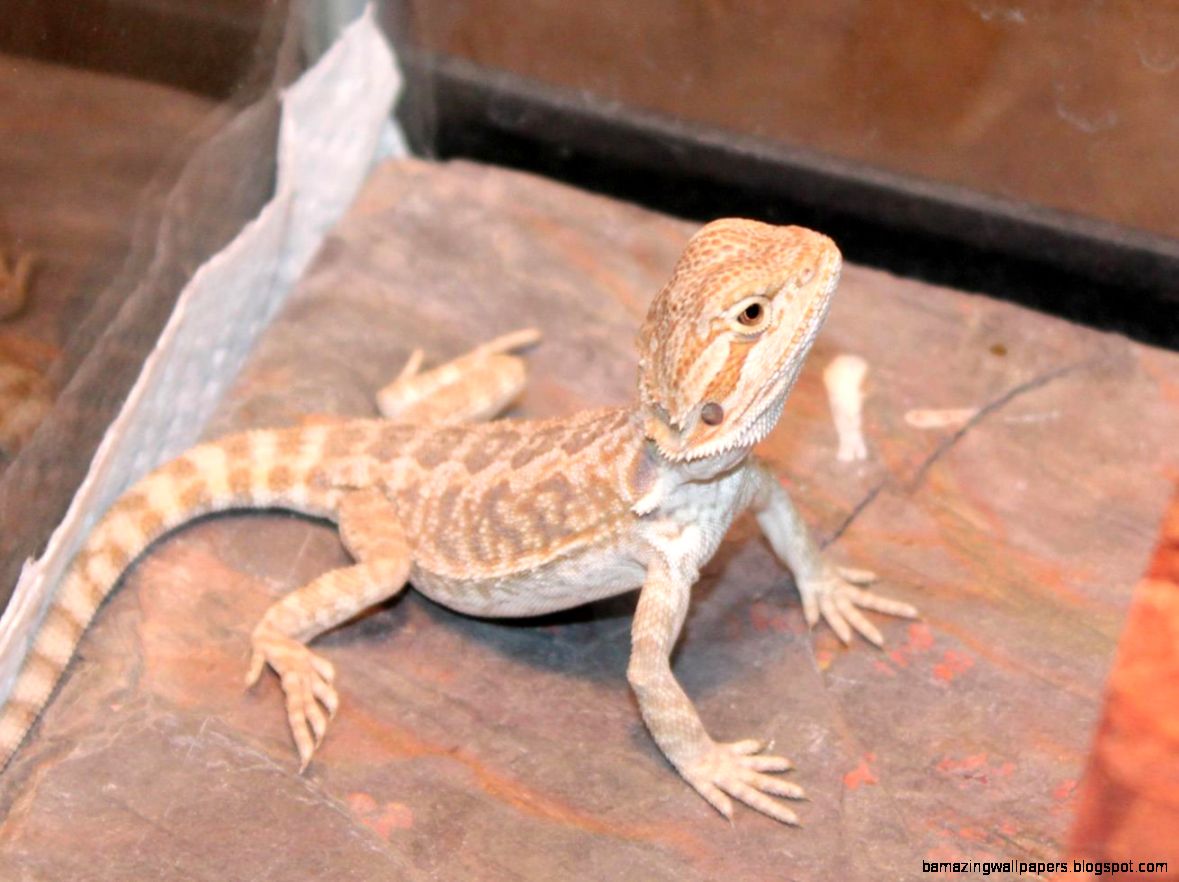Can Bearded Dragons Eat Pineapple? Your Comprehensive Guide to feeding your Beardie this Delicious Fruit
Can Bearded Dragons Really Eat Pineapples?
Bearded dragons are well-known for their vegetarian diet, but not all fruits and veggies are safe for these pets. So what about pineapples? Can bearded dragons eat this tropical fruit without getting sick? The answer is yes! Pineapple is a safe and healthy addition to your beardie’s diet, but there are a few things you should know before feeding it to your pet.
The Nutritional Benefits of Pineapple for Bearded Dragons
Pineapple is a rich source of vitamins and minerals that are essential for your bearded dragon’s health. Here are some of the key nutrients found in pineapples:
- Vitamin C: A powerful antioxidant that supports your pet’s immune system and helps prevent illness.
- Vitamin B6: Helps your pet maintain healthy brain function and promotes red blood cell production.
- Fiber: Essential for digestive health, fiber helps prevent constipation and other digestive issues.
- Enzymes: Pineapple contains enzymes that aid in digestion and help break down protein and other nutrients.
How to Prepare Pineapple for Your Bearded Dragon
Before feeding your bearded dragon pineapple, it’s important to prepare it properly. Follow these simple steps to ensure your pet can safely enjoy this delicious fruit:
- Choose a ripe pineapple: Look for pineapples that are golden-yellow in color with a sweet aroma. Avoid green pineapples, as they are not yet ripe.
- Cut the pineapple into small pieces: Bearded dragons have small mouths, so it’s important to cut the fruit into bite-sized pieces. Remove the tough outer skin and the hard core before feeding.
- Wash the pineapple: Rinse the fruit thoroughly under cold water to remove any dirt or pesticides.
- Feed in moderation: While pineapple is safe for bearded dragons, it should be fed in moderation. Too much fruit can cause digestive problems and diarrhea in reptiles.
- Remove any uneaten pineapple: If your bearded dragon doesn’t finish their pineapple, remove it from their enclosure to prevent spoilage and bacterial growth.
Other Fruits and Veggies Your Bearded Dragon Can Eat
Pineapple is just one of many fruits and vegetables that are safe for bearded dragons. Here are some other nutritious foods you can add to your pet’s diet:
- Leafy greens: Kale, collard greens, and dandelion greens are all excellent sources of vitamins and minerals.
- Bell peppers: These colorful veggies are packed with vitamin C and fiber.
- Berries: Strawberries, raspberries, blueberries, and blackberries are all safe for bearded dragons and provide a sweet treat for your pet.
- Squash: Butternut squash and spaghetti squash are both high in fiber and vitamins.
- Carrots: These orange veggies are a great source of vitamin A and beta-carotene, which promotes healthy eyesight.
- Melons: Watermelon, cantaloupe, and honeydew are all safe for bearded dragons and offer a hydrating treat for your pet.
Foods to Avoid Feeding Your Bearded Dragon
While bearded dragons are omnivores and can eat a variety of foods, there are some foods you should never feed your pet. Here are some common foods that can be dangerous or toxic to bearded dragons:
- Avocado: Contains a toxin called persin that can be lethal to bearded dragons.
- Citrus fruits: These fruits are too acidic for bearded dragons and can cause digestive problems.
- Spinach: Contains high levels of oxalates that can bind with calcium in your pet’s body and cause health problems.
- Rhubarb: Contains toxic compounds that can be fatal to bearded dragons.
- Fireflies: These insects contain a toxic compound called lucibufagins that can be lethal to bearded dragons and other reptiles.
Conclusion
Pineapple is a safe and nutritious treat for your bearded dragon, as long as it’s prepared properly and fed in moderation. Along with other fruits and vegetables, pineapple can provide a healthy and varied diet for your pet. Just remember to avoid feeding your bearded dragon any foods that are toxic or potentially harmful. By providing your pet with the right nutrition and care, you can ensure they live a long and healthy life.







